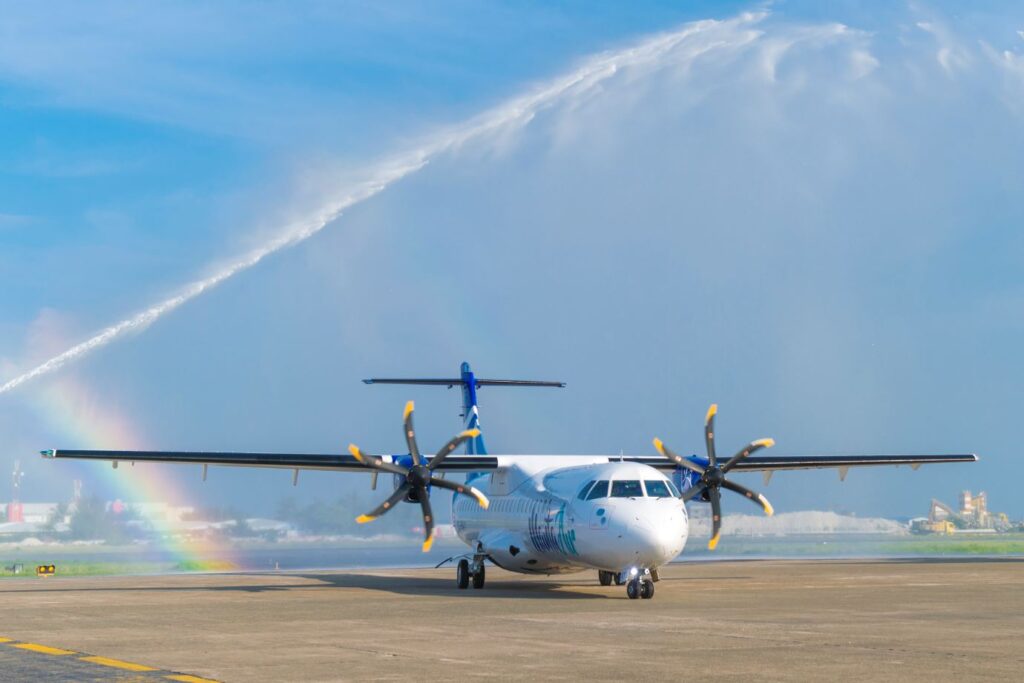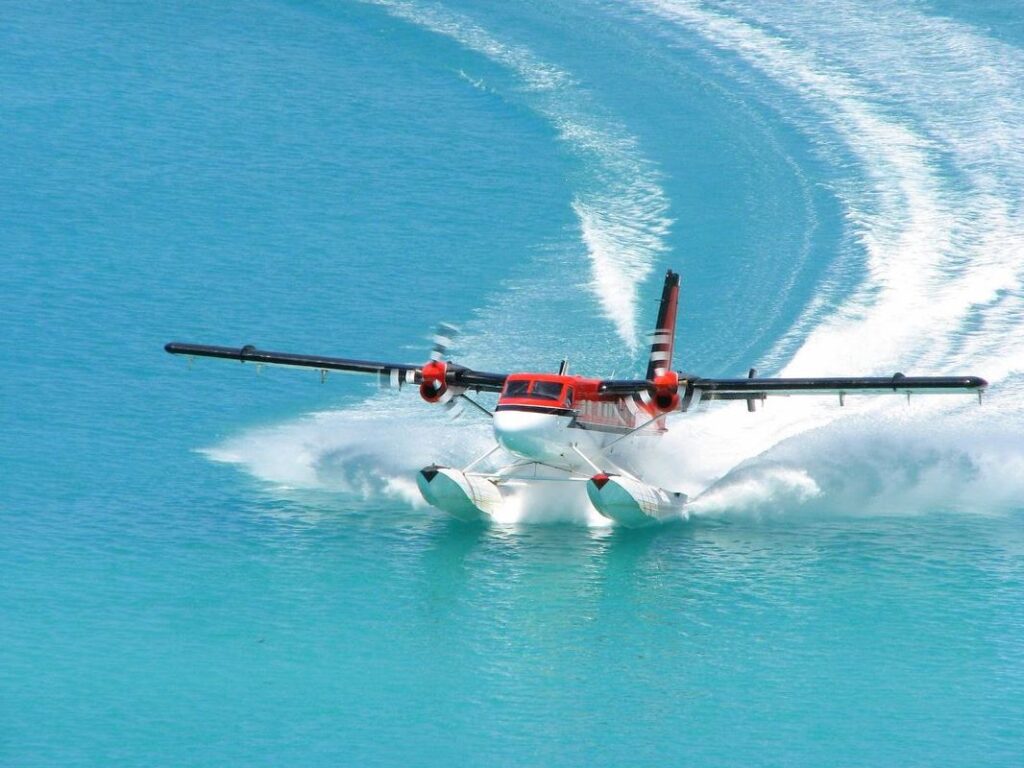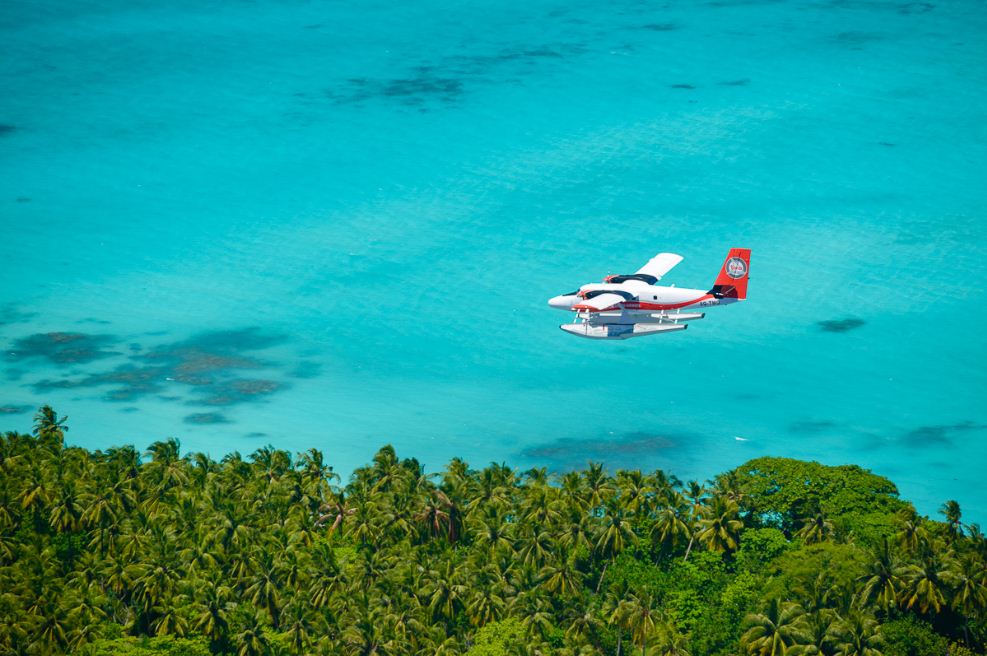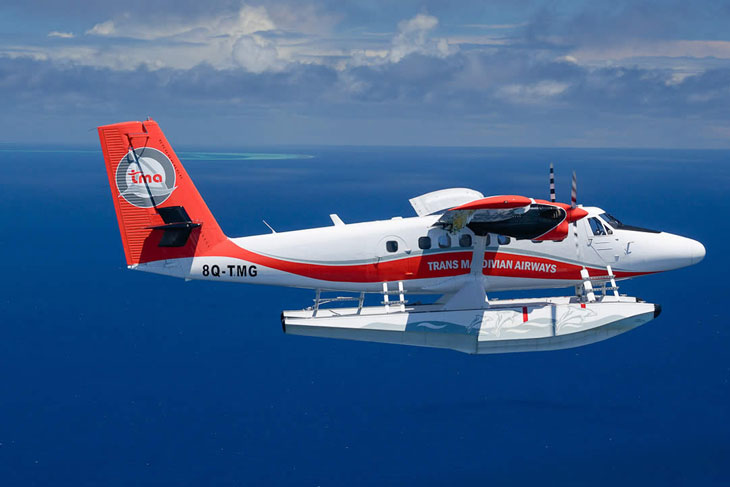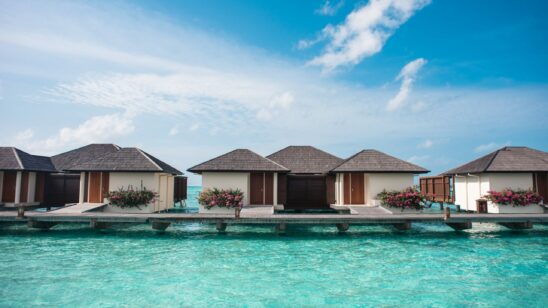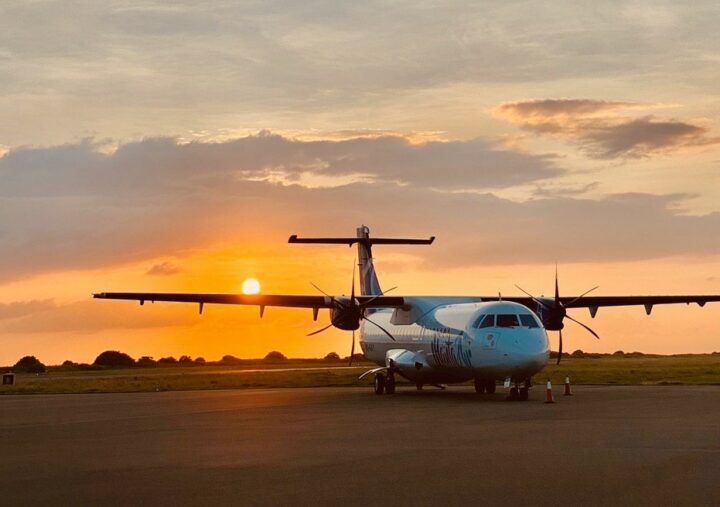
Aviation in the Maldives post- COVID 19
Given that tourism is the primary stay of the Maldivian Economy and aviation has been and will continue to be of critical importance. However, COVID 19 has made a huge impact and this is bound to change the role and format of aviation in the Maldives.
WHO first declared COVID-19 as a world health emergency in January 2020. By the end of April, we have had over 3 million infections and over 200,000 deaths worldwide. More importantly from an aviation perspective over 80 countries have closed their borders and this has meant that Maldives tourism is affected adversely. For this reason, several multi-lateral financial agencies such as IMF, World Bank, ADB had already indicated that the Maldives economy will be amongst the hardest hit.
At the present time, Maldives is served by 4 Air Operators – Island Aviation Services, Trans Maldivian Airways, Villa Air and, Manta Air. Primarily these operations are passenger based with only a little or incidental cargo. Amongst the operators, only Island Aviation Services (Maldivian) operates international passenger operations whilst the rest – though serving primarily tourists – operate domestic passenger operations.
In terms of simple business principles, one of the basic premises is to ensure that you generate sufficient cash flow from your activities to meet the variable costs and have sufficient to not only cover the fixed costs; but a bit more for the business to be viable.
In aviation, like any other business; there are fixed costs – such as depreciation, rentals, insurance, utilities, salaries. These are reflective of the assets and equipment and personnel you have acquired over the period of time in line with the demand for services that will enable a good return on your investment. In the present case, however, the demand just plummeted without any notice (perhaps at least not sufficient) and there is every chance that the recovery may be much longer than one hopes for!
In addition, the whole world is affected and consequently, it is unlikely to offload the equipment or personnel to a competitor. This means extremely stark choices.
The variable costs may be less based on the current negligible demand. However, fixed costs have to be re-adjusted in order to survive.
It is an acceptable premise to base a firm’s commercial strategy on just its business objectives and to ensure a fair return for the shareholders. Nevertheless, it is also important to consider how these could be tackled.
There are three aspects to be considered
One – reduction of fixed costs could be done through the consideration of the Airport Operator(s) and some relief from the Government. These could be reductions in rentals, charges (when the initial operations commence) and, some contribution towards insurance, possibly from the government.
Two – The manner of operations (as and when it commences) will have to be changed. It is commonly expected that things will not be the same. Although already some flights have commenced operations (Luton to Europe) they are all within the current regime – social distancing, extensive use of masks, a proper and effective program of sanitizing after every flight (similar to the current engine wash practiced by the floatplane operations), determining ways of limiting the impact on the crew.
Three – Whilst the core business of the current operators is the transport of passengers; and most cases the transfer of tourists, it is time to rethink and think the obligations beyond the business plan! This means that Maldivian operators need to consider what else could they contribute. Quite certainly they contribute to the Maldivian Economy – as they are an integral part of the tourism sector.
These could be considering either cargo services – to transport essential and fresh produce within the Maldives. Also to consider incorporation of new technology – Drones – into the operations to transport some cargo and key items more effectively. Air operators are best suited to commence these kinds of innovation.
There are also some generic policy changes that the government should consider, based on the experience of COVID 19. It is clearly important for the government of the Maldives to declare transportation as an ‘essential service’ – given that the policy is to promote an archipelagic lifestyle and development. In declaring it is incumbent on the government to facilitate it. This should mean rescinding all customs duties – levied on transport equipment and spares and consumables. Furthermore in line with the Tax Law here in the Maldives – transportation-related services were ‘tax-exempt’ – at least this was the spirit of the law – but subsequent interpretations have ignored this. It is time to reconsider.





